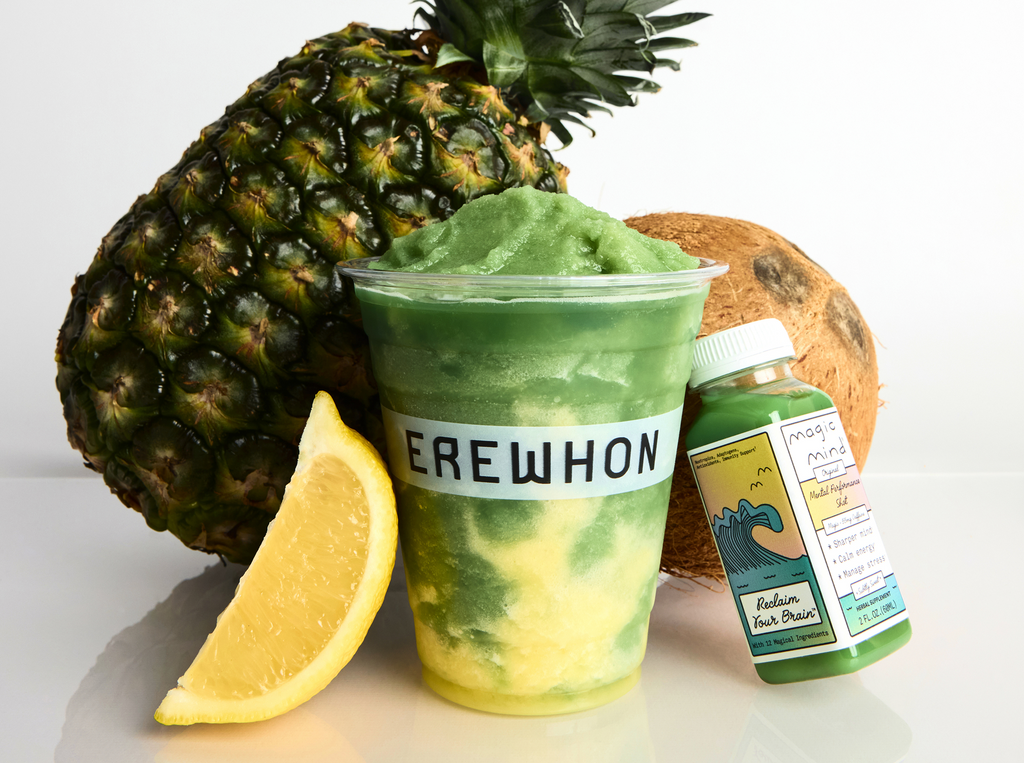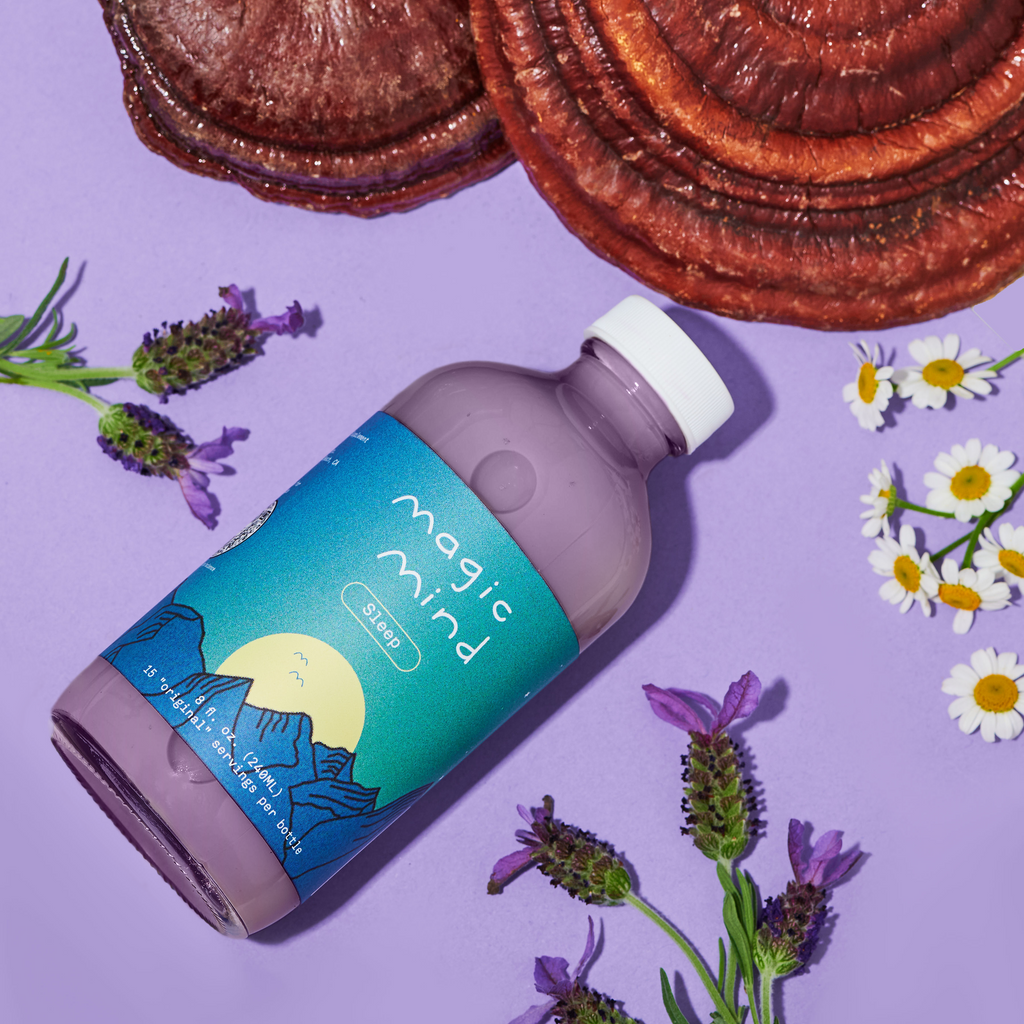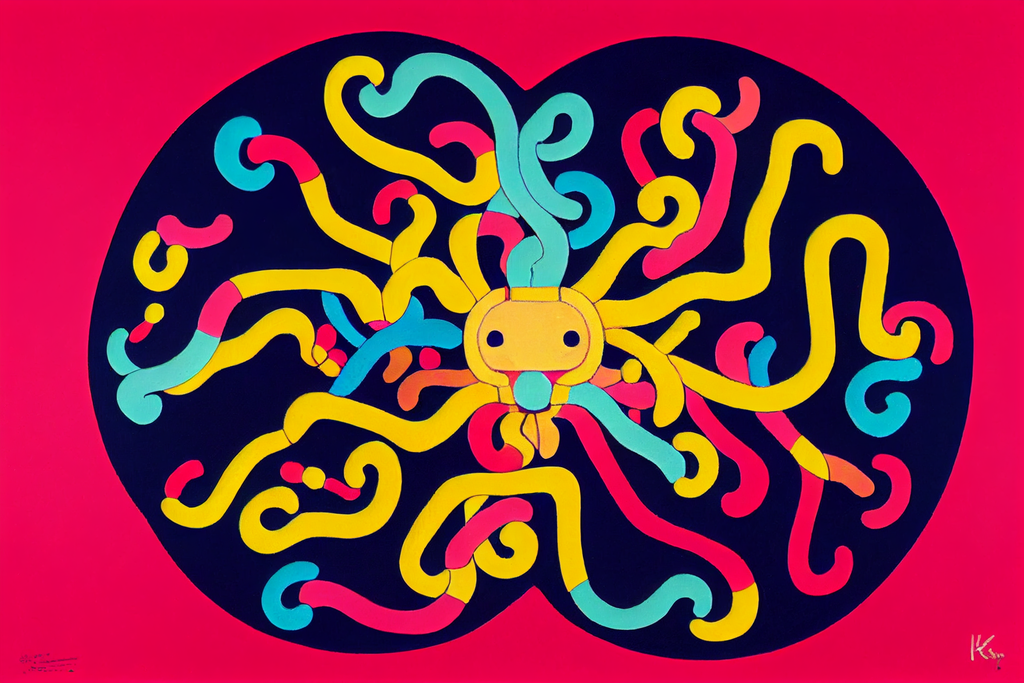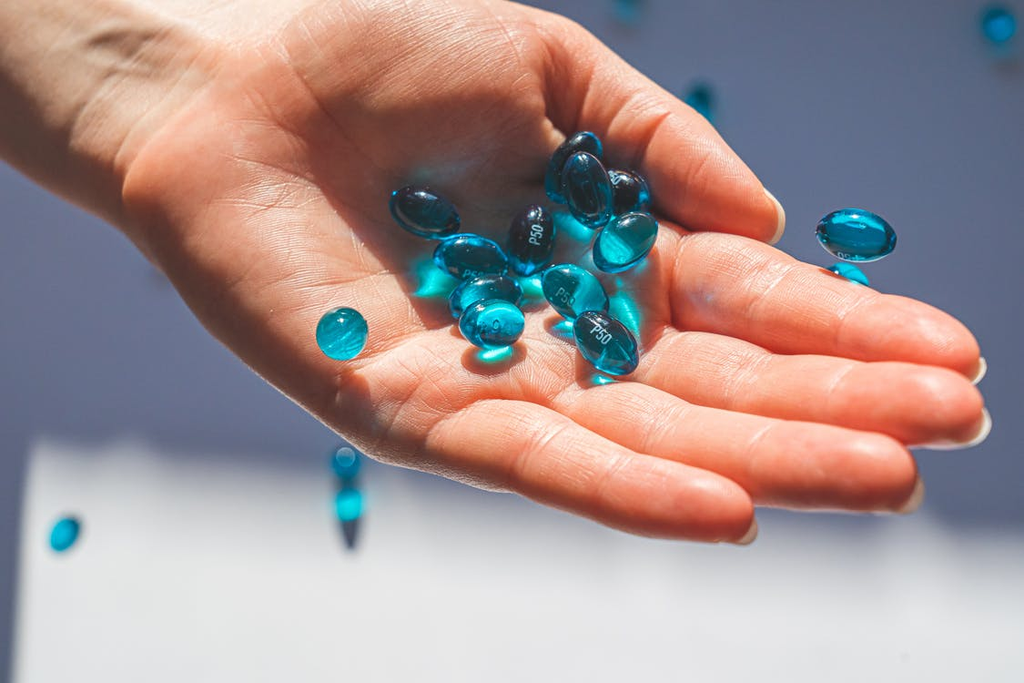How To Increase Dopamine Naturally
* Verified by a US-based board-certified doctor.
Inadequate dopamine levels are responsible for fatigue, lack of motivation, mood swings, memory loss, and addictive behaviors. It is the neurotransmitter responsible for productivity, focus, and motivation. It makes life more joyful and fulfilling. Let’s look at ways to increase our levels, naturally.
What is dopamine?
The 85 billion neurons in our brains communicate with one another through chemicals called neurotransmitters. Dopamine is an essential neurotransmitter because it is associated with so much of our behavior and fulfillment of life. It is vital to our motivation, focus, sleep, memory, pleasure, and movement. It is responsible for behavior that distinguishes humans from other animals. It is instrumental in our ability to connect, make plans for the future, and use complex language.
In addition to its functions in the brain, Dopamine is also used by our immune cells, pancreas, and kidneys.
Related: How to Get Rid of Brain Fog: Tips and Tricks
What does it do?

Dopamine enhances your ability to focus, be motivated, and feel driven toward your goals. It’s also responsible for that great feeling you have when you’ve achieved something important to you. It also makes you feel joy, excitement, and pleasure.
If you don’t have enough Dopamine, you’ll feel lethargic, disconnected, and unfocused.
What happens when you don’t have enough
In addition to the above symptoms, here is a list of signs that you aren’t producing enough dopamine:
- Sense of hopelessness
- Unmotivated to complete tasks
- Inability to feel pleasure
- Inability to focus
- Apathy
- Low libido
- Self-destructive behaviors, including addictive behavior
- Inability to connect with others
- Loss of memory
- Sleep problems
- Procrastination
- Mood swings
As you can see, having adequate levels of dopamine is essential to experiencing a happy life.
Why is it low?
Why would your body not produce enough dopamine? Here are a few reasons:
Poor nutrition

If you aren’t eating enough protein, your body may lack the amino acids that make dopamine. Deficiencies in vitamins B6, B9, zinc, copper, or iron will also lead to dopamine deficiencies as the amino acids use these to make dopamine.
Health issues
Here are a few conditions that are associated with low dopamine levels:
- Parkinson’s Disease
- Substance abuse
- Chronic inflammation
- Hormone imbalances
- Thyroid disorders
Drugs - prescription and recreational

Some drugs, called dopamine antagonists, actively work against dopamine activity.
The recreational drugs that hinder the work of dopamine in the brain are:
- Marijuana
- Alcohol
- Cocaine
- LSD
- Ecstasy
- Methamphetamine
- Amphetamines
Related: Mental Acuity: A Guide to Staying Mentally Sharp
Long-term adversity
Long-term extreme adversity can mean less dopamine production. This could include poverty, social discrimination, grief, or domestic violence.
Supplements
A supplement you’re taking, for one thing, could be significantly lowering your dopamine levels or depleting them altogether.
- 5-HTP
- Magnolia Bark
- Melatonin
- Noni Fruit
- Licorice Root
- White Mulberry
What does it mean to ‘increase’ dopamine
When we say ‘increase’ dopamine, we don’t necessarily mean that we need to make more of it. What we usually mean is making the most of what is produced. Often the problem isn’t that we aren’t making enough, but that its work is being hindered.
Other ways to optimize dopamine:
- Cause dopamine to be broken down slower in the brain
- Cause more dopamine to be recirculated
- More dopamine receptors are created
Are you looking for ways to increase your productivity? We’re the world’s first productivity drink designed to stimulate focus, creativity, and energy. Check out Magic Mind today!
How to increase dopamine naturally
Here are ways to ‘increase’ dopamine naturally.
Dopamine-boosting foods

Believe it or not, there are some foods that contain dopamine.
- Apples
- Bananas
- Avocado
- Oranges
- Eggplant
- Spinach
- Tomatoes
- Peas
Note: The dopamine in these foods doesn’t cross the blood-brain barrier.
The amino acid l-tyrosine makes dopamine, and this is found in many foods, including protein-rich foods.
- Protein foods (meats, eggs, dairy)
- Beets
- Chocolate
- Green leafy veggies
- Nuts
- Oats
- Tumeric
- Soy products
- Wheat
This list isn’t exhaustive but an excellent place to start.
Exercise
In addition to releasing endorphins and boosting your mood, exercise may also encourage the production of dopamine. One study found that practicing yoga for just 1 hour per day, six days per week, significantly increased dopamine production.
Meditation
Meditation is a powerful practice of setting aside time to quieten your mind, focus inward, and allow your thoughts to float by without judgment or engagement. The benefits are extensive. Studies show that regular meditation improves your mental and physical health. Another study showed that regular meditation caused a 64% increase in dopamine in practitioners.
Sleep
Dopamine release creates a feeling of wakeful alertness. It is usually released in large amounts in the morning upon waking and continues to slowly decrease toward evening time when you’re expected to go to sleep. When you aren’t sleeping well, this cycle is disturbed. Constant waking during the night reduces the amount of dopamine you have to work with the next day. So you experience low energy and a lack of focus. Try to go to sleep and rise at the same times to create a rhythm that promotes sound sleep and optimal levels of dopamine.
Music
No one needs to tell us that listening to music makes us feel good, but there’s science behind why. Listening to music activates the pleasure and reward areas of the brain where dopamine receptors abound. This has even been found to improve fine motor skills in people with Parkinson’s Disease. So far, the studies on music and dopamine release have all used instrumental music, so lyrics are not associated with the results.
Consider supplements
Unfortunately, we can’t buy dopamine in a pill. But some supplements can increase your dopamine level or make more of it available to you. Here are a few:
- L-Tyrosine is known as a precursor to dopamine.
- Curcumin is the central part of Tumeric and easily crosses the blood-brain barrier.
- Ginkgo Biloba is known for aiding in many brain-related issues like memory, mood, and mental clarity.
There are also several vitamins and minerals that can aid your brain in producing or optimizing dopamine:
- Vitamins B6, B9, and B12
- Vitamin D
- Magnesium
- Omega-3 Fatty Acids
- Iron
Related: These Foods Will Give Your Brain More Power
Final Thought

Dopamine is all about feeling productive, fulfilled, and motivated in your life. It’s what makes you feel alive and connected. If you think you have low levels of it, consider following any of the above tips to naturally increase dopamine.
Wondering how to do more with less stress? Our drink contains 12 active high-quality ingredients including matcha, adaptogens, and nootropics. Visit Magic Mind today!
Daily habit. Lifelong benefits.










